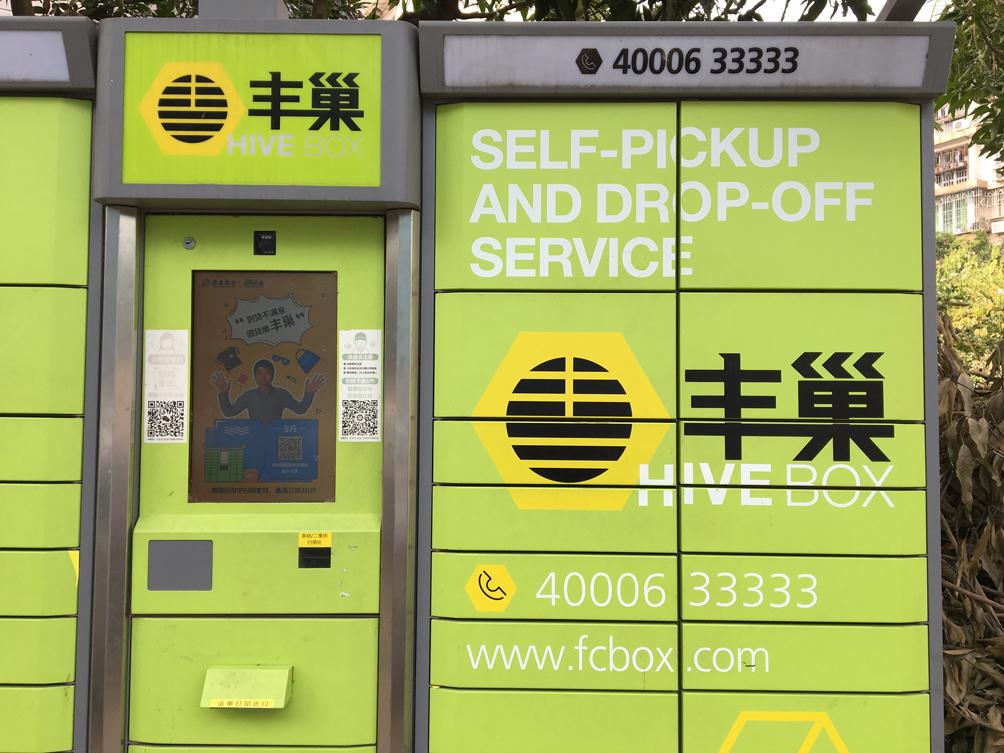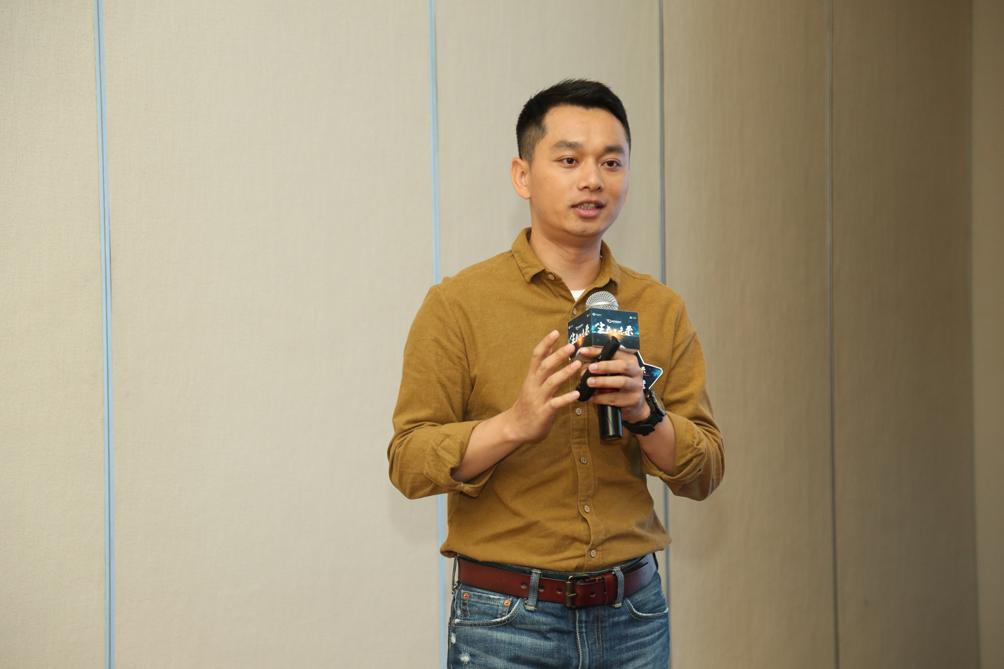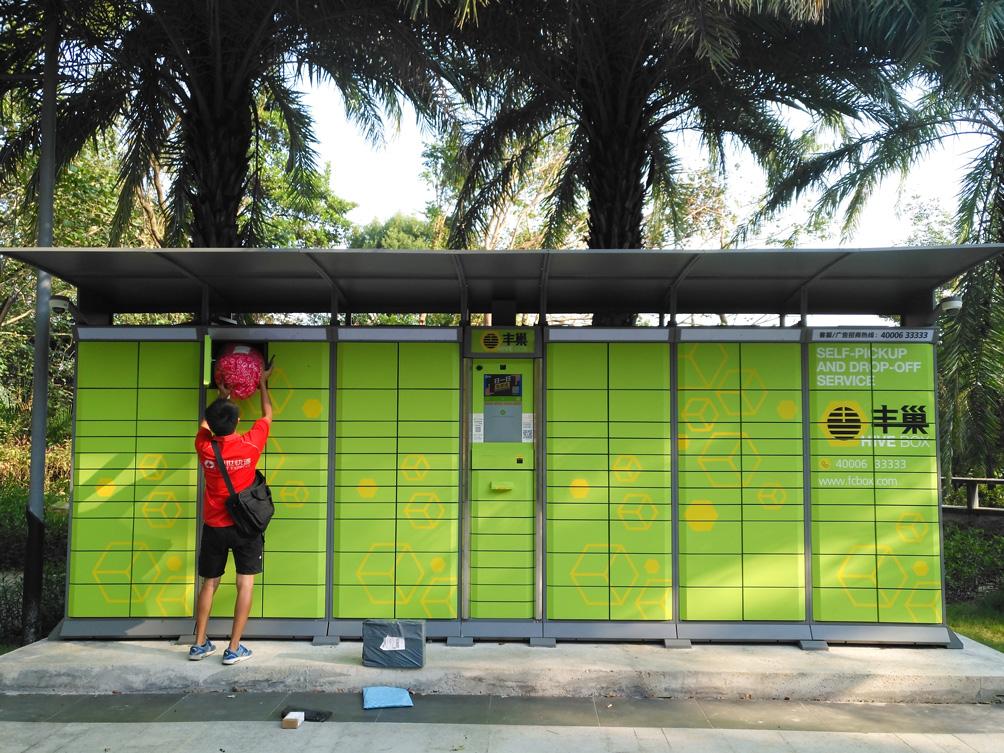Xu Yubin is the founder and CEO of Hive Box, China’s largest network of self-service locker stations that offer storage solutions for delivered goods. In 2021, over 100 billion parcels were delivered in China. As this volume grows, so too have the challenges associated with delivery in China – failed deliveries, and consumer concerns with home delivery. Xu set up Hive Box to solve these problems by offered a safe storage method for parcels that cannot be delivered straight away. Consumers can choose to have parcels delivered into lockers, which can only be accessed through a unique QR code. In January 2021, Hive Box received a USD $400 million investment, bringing its market valuation to USD $3.4 billion. Xu is a graduate of CKGSB’s Chuang Chuang Community Program, a start-up incubation program jointly run by CKGSB and Tencent.
In this new alumni series, we track down CKGSB’s most influential graduates, many of whom have gone on to lead unicorn companies – privately held companies valued at $1 billion USD or more. According to CB Insights – a global platform which provides authoritative and up-to-date information on the world’s billion-dollar private companies – China has created a total of 217 unicorn companies between 2017 to 2021. Thirty-nine (or 18%) of these companies are run by CKGSB alumni, including 35 companies where CKGSB alumni are founders or co-founders, and 4 companies where they serve as the chairman, CEO or president.

As China’s leading business school, it’s not surprising that CKGSB has been able to produce so many business leaders playing a pivotal role in China’s economic development. More than 18,000 successful entrepreneurs, industry leaders and executives of multinational corporations have chosen to study at CKGSB for the original China insights, world-class faculty and peer-to-peer learning with China’s movers-and-shakers. More than half of CKGSB’s alumni are at the CEO or Chairman level and, collectively, lead one-fifth of China’s most valuable brands.
Creating a new business model

Xu moved to Shenzhen to work as a delivery driver for SF Express after graduating high school. Because of his good performance and high reviews from customers, Xu was gradually promoted from delivery driver to chief warehouse manager, and then to operation director. As one of the outstanding employees of SF Express, Xu got the opportunity to work in South Korea, where he began to devise the idea to improve the efficiency of the express delivery industry in China.
He was impressed by the automated local warehouse logistics companies firsthand in Korea. Meanwhile at that time, China had not yet built an intelligent logistics system – a delivery person had to write each label by hand and manually sort through parcels.
Xu also learned that DHL, a leading international express delivery company, cooperated with schools and institutions to install cabinets to improve the efficiency of express delivery.
Xu felt that storage cabinets should not only solve the problem of the last-mile logistics distribution, but should also provide greater value for customers and the industry as a whole. The idea was to create a 24-hour, self-service shipping and receiving service to consumers who relied on online purchases.
After returning to China, Xu proposed to his company, SF Express (a leading integrated logistic service provider), the plan to develop delivery cabinets, which received financial and personal support from Wang Wei, the founder of SF Express.

And thus, Hive Box was launched in June 2015 to provide solutions to efficiently deliver packages to customers, especially in the last mile of the delivery logistics. Usually, a courier will deliver the packages at the door if customers cannot be on hand to receive deliveries, which increases the likelihood of parcels being stolen. It also means a lot of time is wasted for delivery people to find each individual’s address, something that is difficult to do when the delivery volume is so ridiculously large.
With Hive Box lockers, couriers can drop off parcels, rather than making time-consuming deliveries to individual addresses, and the customer can pick them up whenever available. Customers can also post packages safely via a similar method.
Hive Box offers several types of locker installation, catering to different requirements, and not all are for parcel delivery. They also offer lockers which are designed to provide secure storage for sensitive files to businesses, for example. As another revenue stream, Hive Box has built into its storage lockers marketing and advertisement services too.
In a country where more than half of retail purchases happens online, Hive Box is a key part of the delivery ecosystem in China. In 2018 alone, Hive Box helped users retrieve over 2.5 billion packages – around 5% of China’s total parcel delivery. By March 2020, Hive Box has about 178,000 express storage cabinets in China, accounting for 44% of the entire industry. During the COVID-19 pandemic when consumer reliance on delivery services increased even more so, Hive Box installed more storage cabinets in over a hundred cities around China.
As China’s ecommerce and delivery services continue to grow and mature, it will be interesting to see how Xu steers Hive Box to adapt to the changing needs of the delivery logistics industry. His leadership has been noted in May 2020 when the 39-year-old was named in Fortune China’s “40 under 40”, a list that showcases influential business leaders in China. Given China’s market size, the success, or failure, of Hive Box will be a vital source of data for the future of delivery services and ecommerce globally.